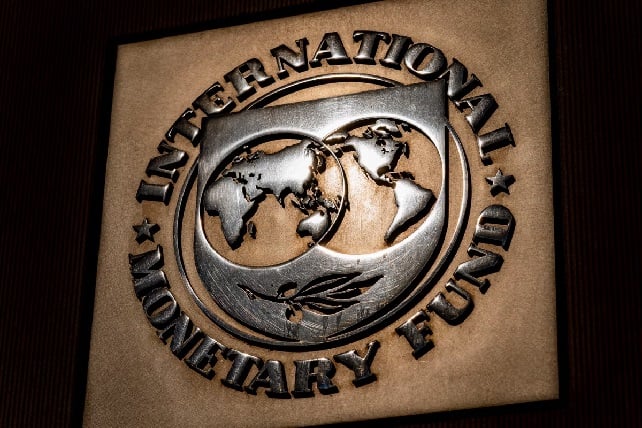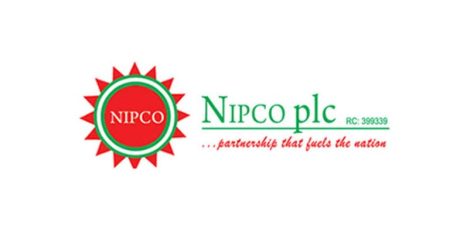The International Monetary Fund (IMF), in its latest Country Report, has provided an encouraging update on the recapitalization efforts of Ghanaian banks following the Domestic Debt Exchange (DDE). The report reveals that a majority of banks facing capital shortfalls after the DDE have successfully met or even surpassed their recapitalization targets by the close of 2024. This positive development underscores the resilience of the Ghanaian financial sector and its ability to recover from the significant challenges posed by the debt restructuring. The IMF report paints a picture of a sector largely on the mend, demonstrating a strong commitment to regaining financial stability.
However, the IMF report also acknowledges that a small group of banks, including one state-owned institution, are lagging in their recapitalization efforts. These institutions have failed to meet the established timelines, attributed to a combination of factors. Unfulfilled capital commitments from shareholders, a rise in Non-Performing Loans (NPLs), and incomplete accounting for credit impairments identified during the Bank of Ghana’s (BoG) 2023 asset quality reviews are among the key reasons cited for the delays. The report highlights the ongoing challenges facing these institutions, emphasizing the need for continued monitoring and intervention to ensure they reach their targets.
Despite the setbacks faced by some banks, the overall outlook remains positive. The IMF report emphasizes that all banks have committed to achieving a Capital Adequacy Ratio (CAR) of 13% by the end of 2025, a critical metric for measuring a bank’s financial strength and ability to absorb losses. Importantly, this commitment is being made without any regulatory forbearance, meaning banks are expected to achieve this target through genuine improvements in their financial position rather than relying on regulatory leniency. This commitment to a standardized CAR underscores the regulatory focus on solidifying the financial health of the sector.
The IMF report notes that the banks which have already met their 2024 capital requirements are well-positioned to achieve the full 13% CAR by the end of 2025. These institutions are not only on track but are also actively implementing revised recapitalization plans approved by the BoG. These plans address pre-existing weaknesses and recent performance slippages, further strengthening their position. The report paints a picture of these banks proactively working to bolster their financial resilience, laying a foundation for long-term stability.
To ensure compliance and address the lagging institutions, both the Ministry of Finance and the BoG have taken proactive steps. The Ministry of Finance has incorporated specific measures into the March 2025 budget aimed at compelling state-owned banks to meet their recapitalization obligations. This demonstrates a commitment at the highest levels of government to ensuring the financial health of these key institutions. Concurrently, the BoG is employing a tiered enforcement strategy, progressively increasing pressure on the banks that are behind schedule. This tailored approach allows the BoG to calibrate its interventions based on the specific circumstances of each bank.
The BoG’s enforcement strategy includes restrictions on excessive risk-taking and certain capital expenditures for banks with capital shortfalls. This serves to protect these institutions from further financial strain while they work towards meeting their recapitalization goals. Furthermore, the IMF report highlights the BoG’s readiness to deploy additional measures under its Prompt Corrective Action (PCA) framework if necessary. This framework provides a range of tools to address weaknesses in banks and maintain the overall safety and soundness of the banking sector. The report’s emphasis on the PCA framework underlines the BoG’s commitment to acting decisively to safeguard financial stability. Overall, the report showcases a collaborative effort between the government, the central bank, and the IMF to ensure the successful recapitalization of Ghanaian banks and the long-term stability of the financial sector.














